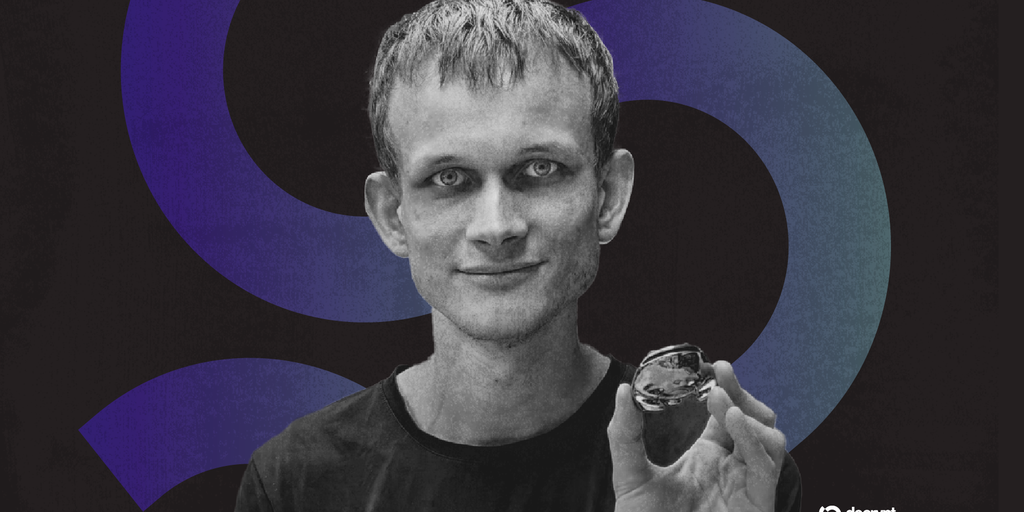
In the world of cryptocurrency, decentralization is key. Ethereum co-founder Vitalik Buterin has once again championed this principle, contrasting the decentralized ethos of Ethereum with the failings of the now-collapsed cryptocurrency exchange, FTX. Speaking at the Devconnect Argentina conference, Buterin delved into why Ethereum’s framework is everything FTX wasn’t.
Understanding the Ethereum Philosophy
Vitalik Buterin emphasized that Ethereum is decentralized, transparent, and community-driven—making it “incapable of being evil.” In contrast, FTX, the once-prominent centralized exchange, displayed what happens when control is concentrated in the hands of a few. Buterin highlighted that decentralization eliminates the need for blind trust in a system, as everything operates in the open, ensuring accountability and fairness.
“FTX is a perfect example of what happens when you take Ethereum’s principles and turn them 180 degrees,” Buterin noted. Unlike Ethereum, which is built and continuously upgraded by a global community, FTX operated as a centralized entity, requiring users to trust its internal workings—trust that was eventually betrayed. The revelations of mismanagement and fund misappropriation under its CEO, Sam Bankman-Fried, led to the exchange’s catastrophic downfall.
Why Decentralized Finance (DeFi) Matters
The collapse of FTX amplified the significance of decentralized finance (DeFi). Platforms like Ethereum and decentralized exchanges allow users to trade and build without relying on a single central authority. With DeFi, the motto shifts from “don’t be evil” (a principle that asks for trust) to “can’t be evil,” as the technology itself prevents unethical actions.
An example of this shift is the rise of decentralized exchanges, like Uniswap, which let users trade directly without requiring a central intermediary. This trustless system stands in stark contrast to FTX’s operations, where billions of dollars in customer funds were secretly funneled to related entities like Alameda Research.
The Role of Community in Ethereum
One of the strongest arguments Vitalik Buterin made is that Ethereum is not a company—it’s a community. Unlike traditional corporate structures, which operate with hierarchical power, Ethereum relies on its global network of developers, contributors, and enthusiasts,” Buterin explained. “A company collects money and does things, while a community is everyone working together for mutual benefit.”
This decentralized structure enables Ethereum to maintain neutrality and accountability. It’s a space created by crypto lovers for crypto lovers, where everyone has a role in building the future of blockchain technology.
Crypto Resilience: Beyond FTX’s Collapse
The FTX fiasco serves as a cautionary tale. While centralized exchanges like FTX can promise convenience, they come with risks—including fraud, mismanagement, and misuse of power. Ethereum’s decentralized platform, on the other hand, showcases resilience and transparency due to its structure and community-driven progress.
For anyone navigating the crypto space, turning towards decentralized options remains a safer and aligned choice with crypto’s original vision. If you’re looking to deepen your understanding of decentralized platforms, consider exploring educational resources like the book “The Infinite Machine” by Camila Russo, which provides a comprehensive look at Ethereum’s journey and principles.
Final Thoughts
FTX’s collapse marked a significant turning point in the crypto industry, emphasizing the value and necessity of decentralization. As the world learns from the lessons of centralized failures, Ethereum continues to thrive as a beacon of transparency and trust. Whether you’re an investor or a blockchain enthusiast, empowering yourself with knowledge and leaning into decentralized platforms is the way forward.






